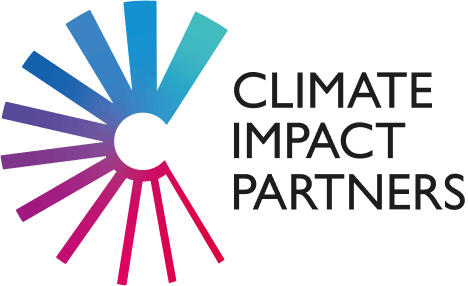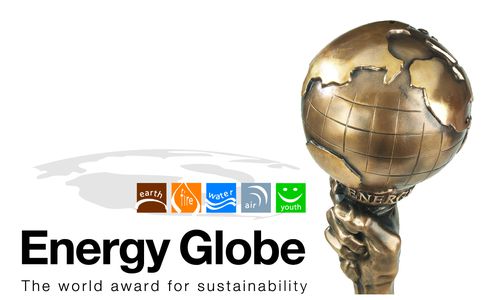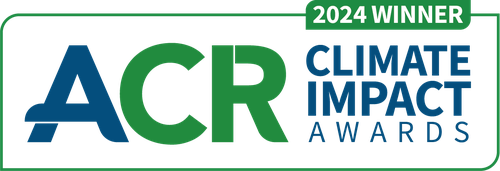This Gold Standard CDM project distributes small-scale biogas plants to low-income rural households with livestock across the Sichuan Province of China.
To support rural development and environmental protection, the biogas plants digest manure and recover the methane by-product through the process of anaerobic digestion. This offers clean and affordable energy to homes and fertiliser for agriculture.
In addition to reducing greenhouse gas (GHG) emissions, the project improves indoor air quality and sanitation for rural communities. Carbon finance is used to provide financial support, totalling roughly 40% of the cost of the nearly 400,000 biodigesters already distributed.
Improving the quality of rural homes by converting animal waste to a clean energy source.
The project takes urgent action to combat climate change (SDG 13) by delivering approximately 880,000 tonnes of emissions reductions annually through avoiding methane emissions from animal manure storage pits and carbon dioxide emissions from use of coal. In addition, the project delivers many other sustainable development benefits. These include:
- Affordable and Clean Energy: Free annual maintenance of the biodigesters significantly increases their reliability and safety, and raises user confidence in the technology. With a sustainable and affordable energy source (biogas), households report a cost saving through avoided purchase of coal for cooking needs. The project has a clear revenue sharing plan, distributing revenues from carbon sales to participating households, the local rural energy office that provides biodigester servicing, and to the project developers.
- Good Health and Wellbeing for People: Biogas produced by the digesters burns cleanly without producing ash or smoke, delivering a significant improvement to the livelihoods of household members who previously used solid fuel like coal for energy needs. Solid fuels like coal cause indoor air pollution which can contribute to increased likelihood of illness, including acute lower respiratory infections such as pneumonia in young children, and chronic obstructive pulmonary disease and lung cancer in women (and to a lesser degree in men). Project surveys have found that eye related problems and respiratory illnesses have decreased in frequency with the installation of the biogas plants.
- Clean Water and Sanitation: Prior to biogas unit installation, animal waste is typically disposed into surrounding water bodies or into drainage systems in the local villages. The proper storage and recycling of animal manure and organic domestic waste in closed digester tanks reduces incidence of disease and water pollution.
- Decent Work and Economic Growth: Across the entire region, there are over 12,500 staff working on installing biodigesters in rural households as part of the existing government programme. As the project accounts for roughly 60% of all installations in recent years, approximately 7,500 jobs are attributable to the project. The large majority of staff are certified technicians working in service centres or independently, while others work on project monitoring and administration.
Our goal is to deliver 1 billion tonnes of emissions reductions by 2030
600+ projects have been supported by Climate Impact Partners
100+ million tonnes of emissions reduced through carbon finance
Since the installation of the biodigester, the family has been able to cook three meals per day using the biogas generated, and was able to invest some of the money saved on fuels and fertilisers to invest in agricultural activities.
Delivering towards the Global Goals

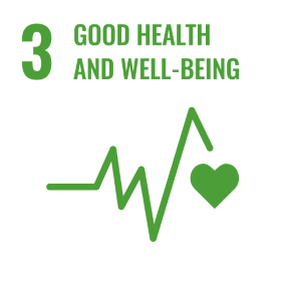
Good Health and Wellbeing
Ensure healthy lives and promote well-being for all at all ages
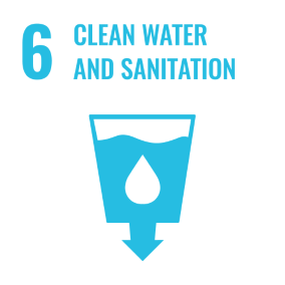
Clean Water and Sanitation
Ensure access to water and sanitation for all
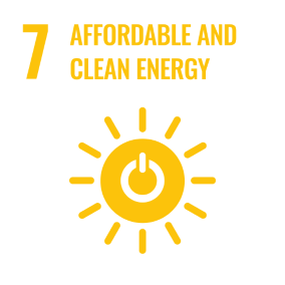
Affordable and Clean Energy
Ensure access to affordable, reliable, sustainable and modern energy
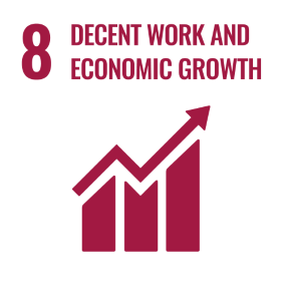
Decent Work and Economic Growth
Promote inclusive and sustainable economic growth, employment and decent work for all
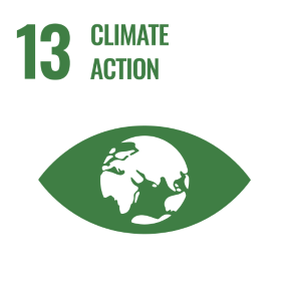
Climate Action
Take urgent action to combat climate change and its impacts


Supporting our projects delivers on multiple UN Sustainable Development Goals (SDGs). You can read more on the Goals below.
Learn more about the global goalsNext Steps

Explore our projects
Explore our range of projects across the globe: nature based solutions, health and livelihoods and sustainable infrastructure.
Explore
Business Solutions
We are the leading solutions provider for carbon offsetting, net zero, carbon neutrality and carbon finance project development.
Read more